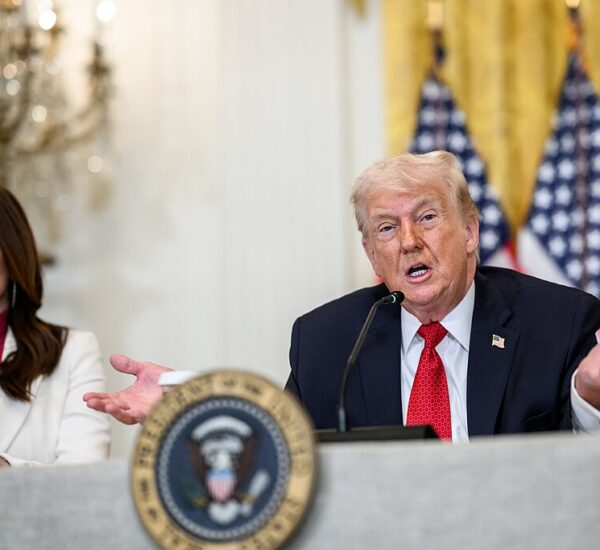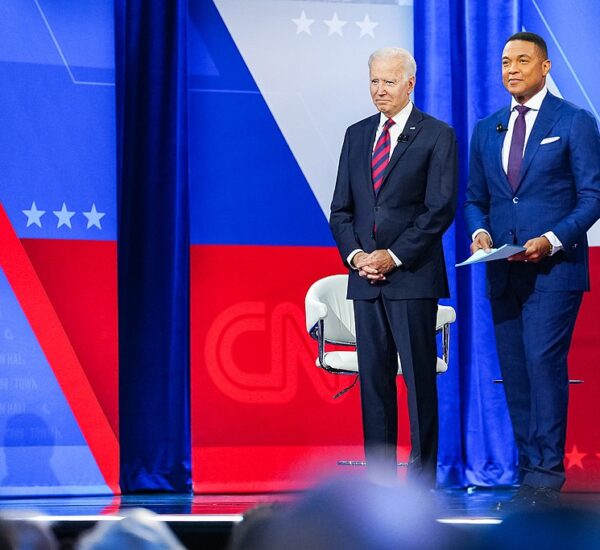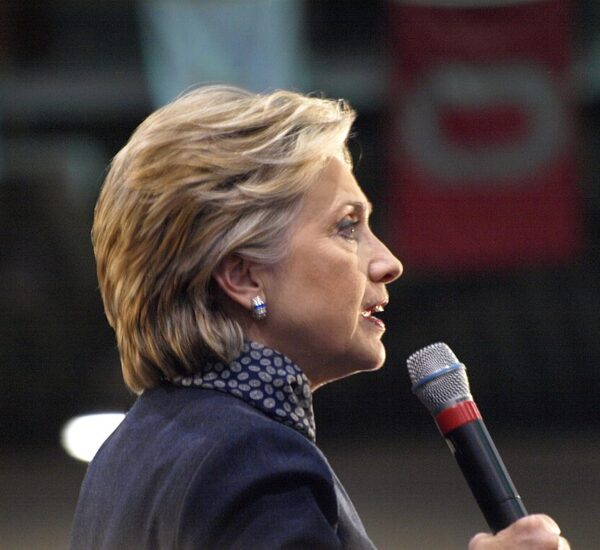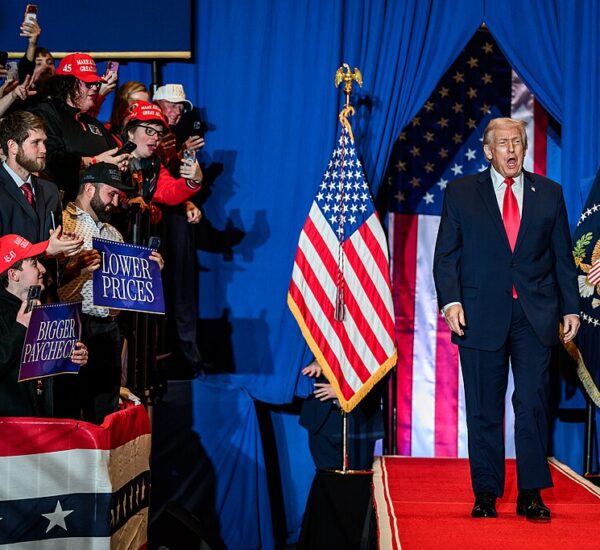Trump Signs New Order
President Trump took decisive action to protect American businesses and innovators with a memo issued last Friday aimed at curbing “overseas extortion” and shielding U.S. economic interests. This move adds to the administration’s aggressive stance on trade and international competition, which has been a hallmark of Trump’s presidency since day one.
The new order allows for tariffs on foreign governments that impose what the administration deems “one-sided, anti-competitive” taxes and penalties on American companies. Specifically, this targets digital service taxes (DSTs), which many foreign nations have been levying on U.S.-based tech giants like Apple, Google, and Amazon. These taxes have been a significant point of contention as they are seen as discriminatory, targeting American companies operating abroad while providing little benefit to the U.S. economy.
Trump’s “Defending American Companies and Innovators From Overseas Extortion and Unfair Fines and Penalties” memo empowers the U.S. Trade Representative to reopen investigations into DSTs that were initiated during Trump’s first term. The goal is to explore potential retaliatory measures against countries like France, Italy, Spain, Austria, Canada, and India, all of which have imposed taxes on tech firms’ revenues. These countries’ policies are viewed as undermining American sovereignty and competitiveness in the global marketplace.
The administration has been clear about its stance: it will not allow foreign governments to use unfair practices to undermine American businesses or threaten national security. Trump emphasized that American companies and workers should not bear the burden of foreign tax schemes that stifle growth and raise operational costs. The president further highlighted the risk of sensitive American data being exposed to potentially hostile foreign regulators.
This memo follows a broader strategy laid out by Trump earlier in the month, where he proposed the imposition of reciprocal tariffs in response to foreign trade barriers and unfair practices. This initiative also allows for tariffs based on various factors, including exchange rates, the imposition of tariffs on U.S. products, and taxes on American goods. Trump’s aggressive trade posture also includes threats of additional tariffs on goods like aluminum, steel, and lumber from countries such as China, Mexico, and Canada.
In sum, this new order is a critical step in Trump’s continued effort to level the playing field for American companies abroad and ensure that foreign governments play by fair rules when it comes to trade and taxation.






